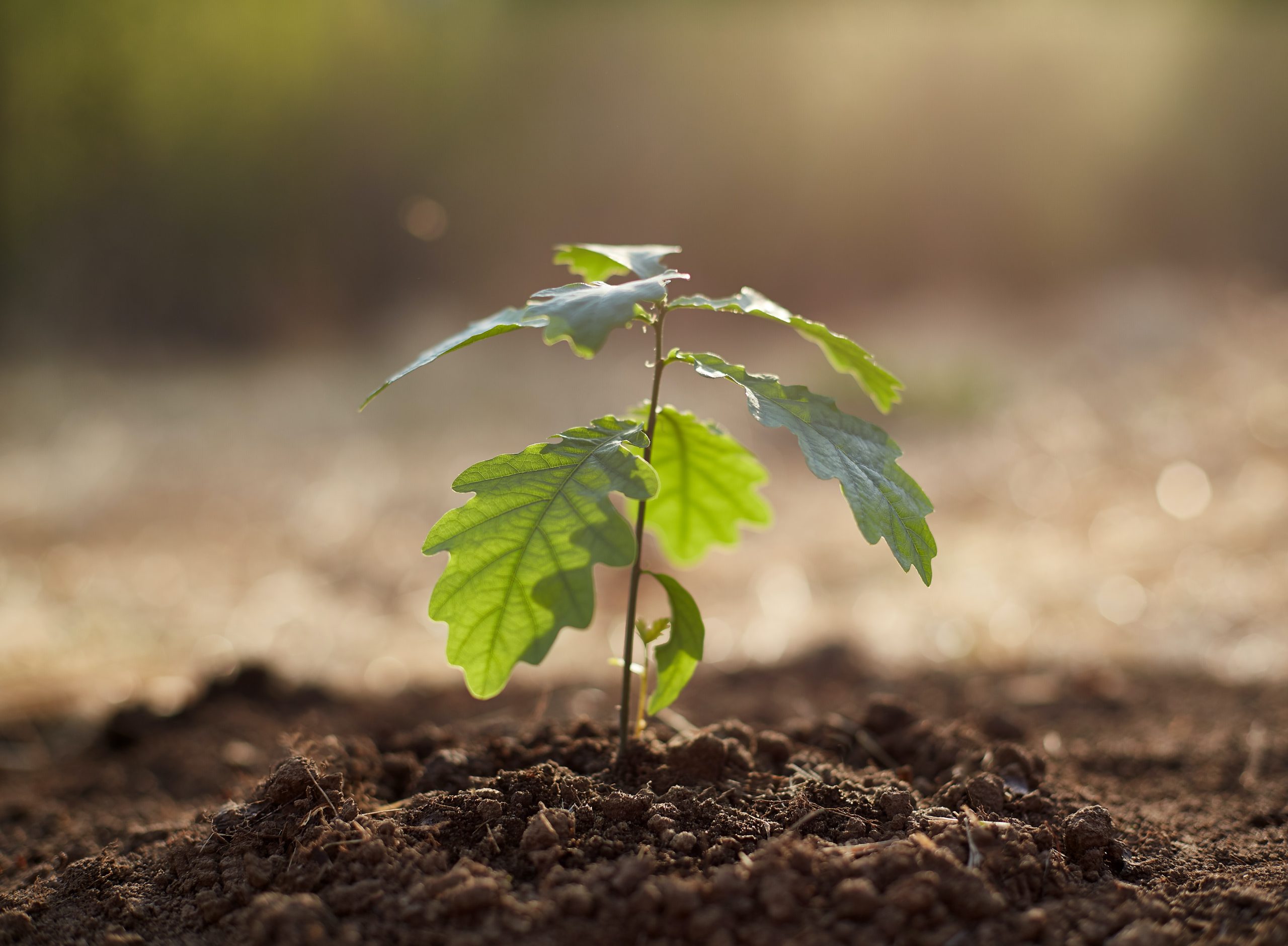Introduction: In an era where environmental concerns take center stage, individuals and communities are increasingly turning to sustainable practices, even in their own backyards. Gardens, once mere spaces for aesthetic appeal, are now becoming sanctuaries of environmental stewardship. In this article, we delve into essential eco-friendly strategies that can help cultivate sustainability in gardens, empowering both seasoned gardeners and those new to the green thumb lifestyle to make a positive impact on the planet.
- Embracing Organic Gardening: The foundation of any eco-friendly garden lies in organic gardening practices. By shunning synthetic fertilizers, pesticides, and herbicides, gardeners can protect the soil’s biodiversity, promote the health of beneficial insects and wildlife, and prevent harmful chemicals from seeping into water systems. Employing organic techniques such as composting, crop rotation, and companion planting enhances soil fertility and encourages a balanced ecosystem within the garden.
- Water Conservation: Water scarcity is a growing concern in many regions worldwide. Gardeners can play a crucial role in conserving this precious resource by adopting sustainable watering practices. Installing rainwater harvesting systems, using drip irrigation, and choosing native and drought-tolerant plants can significantly reduce water consumption. Additionally, mulching can help retain moisture in the soil and minimize evaporation.
- Planting Native Species: Integrating native plants into garden landscapes promotes biodiversity, provides habitat for local wildlife, and ensures plants are well-adapted to the climate and soil conditions. Native species typically require less maintenance, as they are adapted to the local environment, reducing the need for excessive watering, fertilization, and pest control. By favoring indigenous plants, gardeners can restore natural habitats and contribute to the preservation of regional flora and fauna.
- Composting and Recycling: Composting kitchen scraps and yard waste not only reduces landfill waste but also provides nutrient-rich soil amendments. By turning organic waste into compost, gardeners can minimize their reliance on chemical fertilizers while enriching the soil naturally. Recycling garden materials, such as pruning and trimming waste, can be transformed into mulch or used for creating garden borders and structures, further promoting sustainability.
- Attracting Beneficial Wildlife: Creating a garden that invites beneficial wildlife, such as bees, butterflies, and birds, fosters a thriving ecosystem while aiding in pollination and pest control. Planting nectar-rich flowers, installing bird feeders and baths, and incorporating nesting areas or insect hotels can encourage the presence of these allies in the garden. By nurturing a symbiotic relationship with nature, gardeners contribute to the overall health and balance of their ecosystems.
Conclusion: As stewards of the environment, gardeners have a unique opportunity to embrace sustainable practices and transform their outdoor spaces into vibrant and eco-friendly havens. By implementing organic gardening techniques, conserving water, planting native species, composting, and attracting beneficial wildlife, we can all play a part in cultivating sustainability, one garden at a time. Let us embrace these essential strategies, knowing that our efforts have a profound impact on the environment, fostering a greener and more sustainable future for generations to come.
Note: This article serves as a general guide for eco-friendly gardening practices. For specific recommendations tailored to different climates and regions, readers are encouraged to consult local gardening resources and organizations dedicated to sustainable gardening.




